Comparing Email Automation Platforms: A Comprehensive Guide
In today’s fast-paced digital landscape, businesses are increasingly turning to automation platforms to streamline processes, enhance productivity, and reduce operational costs. With numerous options available, selecting the right automation platform can be challenging. This blog post will compare some of the leading automation platforms, providing insights to help you make an informed decision.
Table of Contents
- Introduction to Automation Platforms
- Key Features to Look for in Automation Platforms
- Top Automation Platforms
Introduction to Automation Platforms
Automation platforms are software solutions designed to automate repetitive tasks, manage workflows, and integrate various business processes. By leveraging these tools, organizations can improve efficiency, reduce errors, and focus on more strategic activities.
Key Features to Look for in Automation Platforms
When evaluating automation platforms, consider the following key features:
- User-Friendly Interface: Intuitive and easy to navigate.
- Integration Capabilities: Seamlessly connects with existing systems and applications.
- Scalability: Grows with your business needs.
- Customizability: Tailors workflows to specific business requirements.
- Robust Security: Ensures data protection and compliance.
- Customer Support: Provides reliable assistance and resources.
Top Automation Platforms
Platform A
Overview: Platform A is known for its robust integration capabilities and user-friendly interface. It offers a wide range of pre-built templates and customization options. Key Features:
- Drag-and-drop workflow builder
- Extensive library of integrations
- Advanced analytics and reporting
- Strong security measures
Platform B
Overview: Platform B excels in scalability and is ideal for growing businesses. It offers a comprehensive suite of automation tools and excellent customer support. Key Features:
- Scalable architecture
- Multi-channel automation
- AI-powered insights
- 24/7 customer support
Platform C
Overview: Platform C is renowned for its cost-effectiveness and ease of use. It is suitable for small to medium-sized businesses looking for a budget-friendly solution. Key Features:
- Affordable pricing plans
- Simple setup and implementation
- Customizable workflows
- Integration with popular apps
Comparative Analysis
Ease of Use
- Platform A: Highly intuitive with a drag-and-drop interface.
- Platform B: Slightly steeper learning curve but offers extensive resources.
- Platform C: Very user-friendly, ideal for beginners.
Integration Capabilities
- Platform A: Offers the most integrations, including niche applications.
- Platform B: Strong integration capabilities with major platforms.
- Platform C: Limited integrations but covers essential apps.
Cost
- Platform A: Higher pricing but offers extensive features.
- Platform B: Mid-range pricing with scalable options.
- Platform C: Most affordable, suitable for small businesses.
Customer Support
- Platform A: Responsive support with various channels.
- Platform B: 24/7 support with dedicated account managers.
- Platform C: Basic support with limited availability.
Scalability
- Platform A: Suitable for businesses of all sizes.
- Platform B: Best for growing enterprises.
- Platform C: Ideal for small to medium-sized businesses.
Conclusion
Choosing the right automation platform depends on your specific business needs, budget, and growth plans. Platform A is ideal for those seeking extensive features and integrations, Platform B is perfect for scalable solutions, and Platform C offers a budget-friendly option for smaller businesses. Evaluate each platform based on the key features and comparative analysis provided to make an informed decision.
FAQs
1. What is an automation platform?
An automation platform is a software tool that automates repetitive tasks, manages workflows, and integrates various business processes to enhance efficiency and productivity.
2. How do I choose the right automation platform for my business?
Consider factors such as ease of use, integration capabilities, cost, customer support, and scalability when selecting an automation platform.
3. Can automation platforms integrate with existing systems?
Yes, most automation platforms offer integration capabilities with popular systems and applications to ensure seamless workflow management.
4. Are automation platforms suitable for small businesses?
Yes, there are automation platforms like Platform C that are specifically designed to be cost-effective and user-friendly for small to medium-sized businesses.
5. What are the benefits of using an automation platform?
Benefits include increased efficiency, reduced errors, cost savings, improved productivity, and the ability to focus on strategic activities. By leveraging the right automation platform, businesses can streamline their operations and achieve greater success in today’s competitive market.





